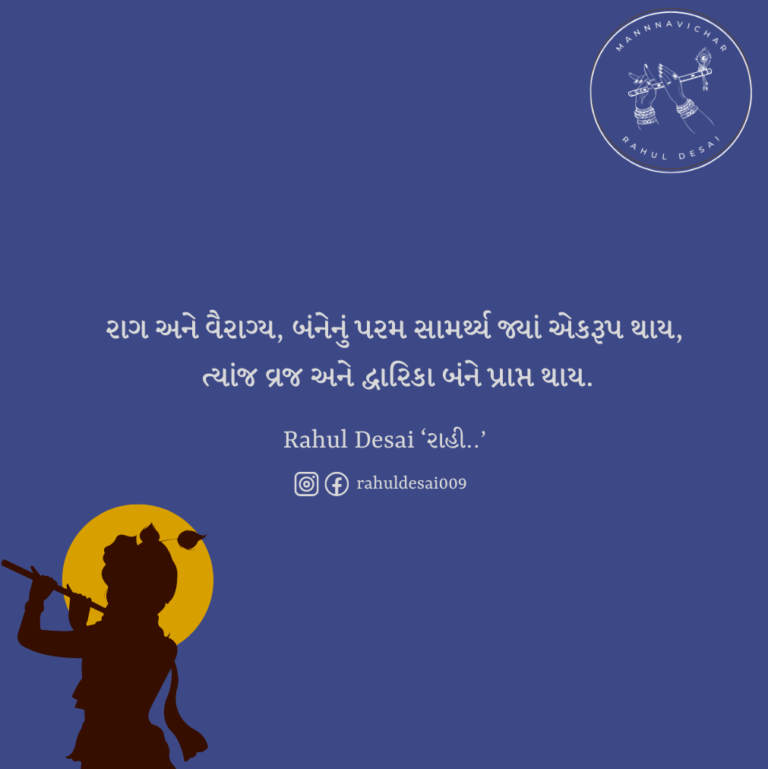Bhagavad Gita Shloka 3, in both Sanskrit and English with its meaning for ancient and sacred poetry Srimad Bhagvad Gita. This is an effort by our author to re-incline people on the path of Bhakti and Dharma.
पश्यैतां पाण्डुपुत्राणामाचार्य महतीं चमूम् ।
व्यूढां द्रुपदपुत्रेण तव शिष्येण धीमता ।। १.३ ।।
Transliteration:
Duryodhana said :O my teacher, behold the great army of the sons of Pāṇḍu,
so expertly arranged by your intelligent disciple, the son of Drupada.
Context of the Verse
This verse occurs at the very beginning of the battlefield scene in the Mahabharata, where the armies of the Pandavas and the Kauravas are ready for war. Duryodhana, the leader of the Kauravas, approaches his teacher Dronacharya, the most senior and skilled warrior in his camp, to discuss the situation. The verse reflects Duryodhana’s anxiety, strategic thinking, and manipulative tone.
Detailed Explanation
- “Behold, O Teacher, the mighty army of the sons of Pandu”
- “Pashyaitām pāṇḍu-putrāṇām ācārya mahatīṁ camūm”:
Duryodhana is addressing Dronacharya with respect, calling him “Acharya” (teacher), but his tone subtly conveys concern about the strength of the Pandava army.- He refers to the Pandavas as “mighty,” acknowledging their formidable army.
- His statement shows that Duryodhana is both wary of their strength and eager to draw Dronacharya’s attention to the threat.
- “Pashyaitām pāṇḍu-putrāṇām ācārya mahatīṁ camūm”:
- “Arranged in a military formation by your intelligent disciple”
- “Vyūḍhāṁ drupada-putreṇa tava śiṣyeṇa dhīmatā”:
Here, Duryodhana points out the military formation organized by Dhrishtadyumna, the son of King Drupada.- Dhrishtadyumna’s Irony: Duryodhana emphasizes that Dhrishtadyumna, who was born to kill Dronacharya, was trained in warfare by none other than Dronacharya himself. This was due to circumstances where Dronacharya, despite knowing his destiny, imparted military knowledge to him.
- Duryodhana subtly reminds Dronacharya of this irony, possibly to provoke him emotionally or to ensure his loyalty remains unshaken in the battle.
- “Vyūḍhāṁ drupada-putreṇa tava śiṣyeṇa dhīmatā”:
- Duryodhana’s Strategy and Tone
- Duryodhana is tactically intelligent and uses this moment to highlight two things:
- The threat of the Pandavas’ army, making it clear that the war will not be easy.
- The emotional challenge for Dronacharya, reminding him that his own disciple is now leading the enemy forces.
- This shows Duryodhana’s insecurity as well as his manipulative nature, as he tries to use psychological tactics to motivate Dronacharya.
- Duryodhana is tactically intelligent and uses this moment to highlight two things:
- Symbolic Meaning
- This verse reflects the complexities of relationships and destiny.
- Despite being a teacher, Dronacharya trained someone who was fated to kill him. This symbolizes how duty (dharma) and destiny (karma) are intertwined, often leading to ironies in life.
- Duryodhana’s words are a reflection of his fear and his understanding of the Pandavas’ unity and strength.
- This verse reflects the complexities of relationships and destiny.
Key Lessons from the Verse
- Duty vs. Emotions: Dronacharya’s situation reminds us that performing one’s duty often comes with emotional challenges. As a teacher, he fulfilled his role of teaching Dhrishtadyumna despite knowing the future.
- Leadership and Strategy: Duryodhana shows that leadership involves not just commanding armies but also understanding the psychological aspects of war. He tries to manipulate Dronacharya, demonstrating his strategic mind.
- Irony of Life:This verse highlights life’s paradoxes, where one’s own actions, even performed dutifully, can contribute to their downfall. This is a recurring theme in the Mahabharata.
In Summary
Bhagavad Gita Shloka 3 is not just about Duryodhana describing the Pandava army but also about his clever attempt to manipulate Dronacharya emotionally. It symbolizes the complexities of dharma (duty) and karma (destiny), showcasing how the Mahabharata goes beyond just a war story to explore deep philosophical truths.
some Self Help Articles
Allow me to introduce myself as an aspiring writer with a passion for inspiring individuals in both their personal and professional journeys. My aim is to shed light on the essence of life, emphasizing the significance of relationships and fostering personal growth. Through my writing, which encompasses small quotes, short poems, and articles, I strive to empower others to navigate life's complexities with clarity and purpose.






